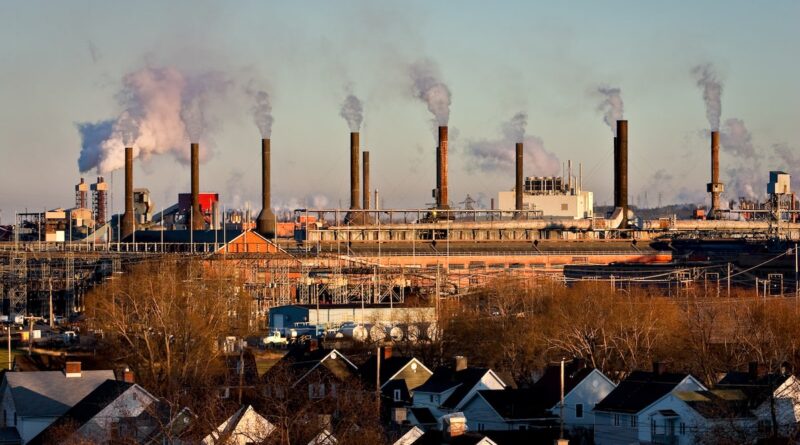In Saguenay, Canada’s aluminum valley, anxiety over planned U.S. tariffs is palpable
Rio Tinto’s century-old Arvida aluminum smelter is one of four such facilities in Quebec’s Saguenay region.Francis Vachon/The Globe and Mail
Jean-Marc Crevier, a municipal councillor in Saguenay, Que., can feel his constituents’ anxiety.
Mr. Crevier’s district encompasses Rio Tinto’s sprawling, century-old Arvida aluminum smelter. It is one of four such facilities – in addition to one refinery – in the Saguenay–Lac-Saint-Jean region, which produces a third of all Canadian aluminum thanks to abundant, cheap hydroelectric power.
In Saguenay, U.S. President Donald Trump’s plan to impose 25-per-cent tariffs on all steel and aluminum imports, starting on March 12, is the talk of the town.
“When I go to the grocery store, I take almost twice the time just talking with my people,” Mr. Crevier said in an interview. “Everyone talks about it.”
Saguenay, population 152,000, is a company town turned industrial hub, about 380 kilometres northeast of Montreal. Heavy-equipment manufacturers line its wide boulevards, where men in coveralls drive salt-stained pickup trucks to work. Snowmobile riders are more common than pedestrians in the harsh February wind.
Mr. Crevier, 72, worked as a welder for the Arvida smelter before becoming a union leader. “We fought for a long time to say: ‘Listen, we produce a lot of aluminum here, but we transform very little,’ ” thus giving up many valuable jobs to U.S.-based companies, he said. It’s still true today.
In a statement earlier this month, the Aluminium Association of Canada said that 9,500 aluminum workers in the country – including 7,600 in Quebec – “produce the metal that is processed, transformed and fabricated into parts, components, and everyday products by more than 500,000 well-paid American manufacturing workers.”
This integrated market is now under threat, starting with Saguenay.
In a U.S. Tariff Exposure Index release Tuesday, the Canadian Chamber of Commerce identified the remote Quebec municipality as the seventh most vulnerable in the country based on its dependence on southbound aluminum exports. Jean Simard, the president of the Aluminium Association, said Quebec alone furnished 65 per cent of the U.S.’s aluminum last year.
But Mr. Simard said no jobs are on the line because of the latest tariff threats. “The American government just decided to pay 25 per cent more” with tariffs on aluminum imports from all over the world, he said.
Saguenay Mayor Julie Dufour declined to be interviewed for this story. In a statement, she said the city brought together “the region’s key stakeholders” to “co-ordinate efforts to support our regional industry.”
“We are closely monitoring the situation and remain proactive in implementing, in collaboration with other levels of government, the means required to protect our local entrepreneurs and all workers who could be affected by these measures,” she added.
Rio Tinto, which operates one refinery and four smelters in the region, along with another in Kitimat, B.C., declined to comment.
Jason Tremblay, interim president of the Unifor-affiliated Arvida aluminum workers’ union, said they are monitoring the situation. “There is a bit of concern,” he said in an interview, but a lot of time remains for Mr. Trump to change his mind before March 12. And the 2018 tariffs on aluminum, during Mr. Trump’s first mandate, did not affect union members, Mr. Tremblay said.
Mario Simard, a local Bloc Québécois MP, said he is not worried about his region’s aluminum producers because the U.S., a marginal producer, depends heavily on them.
“Mr. Trump can say what he wants, but it is completely unrealistic to think that there will be the construction of aluminum smelters in the United States” within the President’s second mandate, he said.
Mr. Simard is more concerned about businesses spread across the province that use rolled aluminum, from microbreweries to manufacturers of water heaters. Those will feel the weight of tariffs when bringing aluminum sheets back from the U.S., he said, as Quebec does not have the facilities to transform it at home.
“We should have had a rolling mill in Quebec a while ago,” Mr. Simard said.

